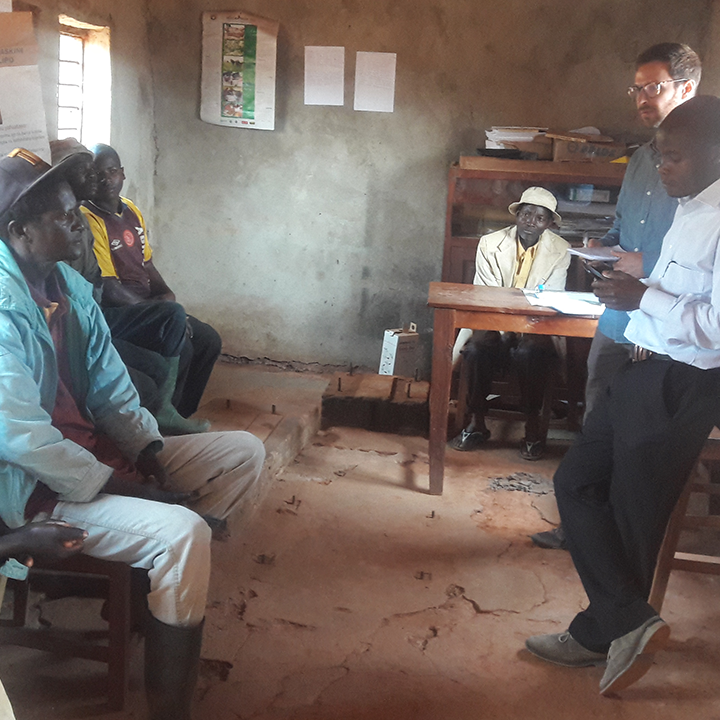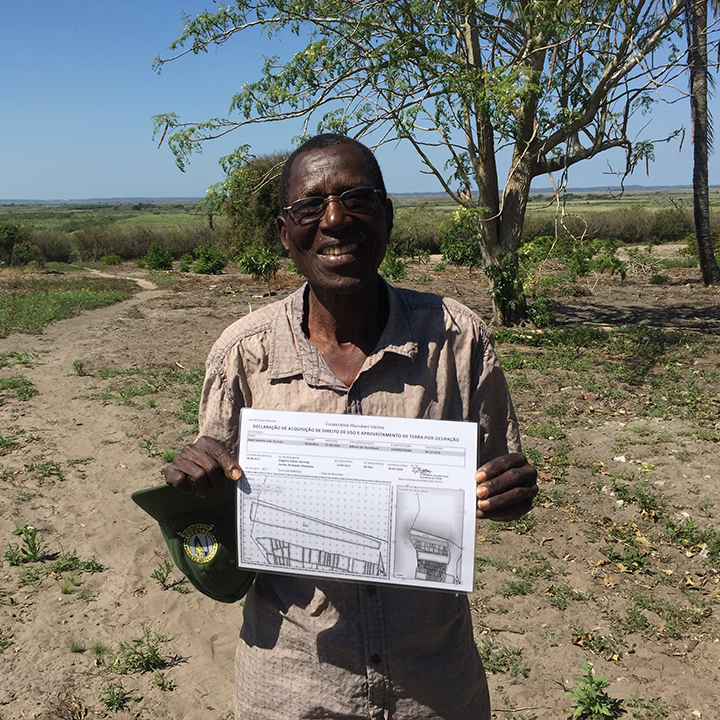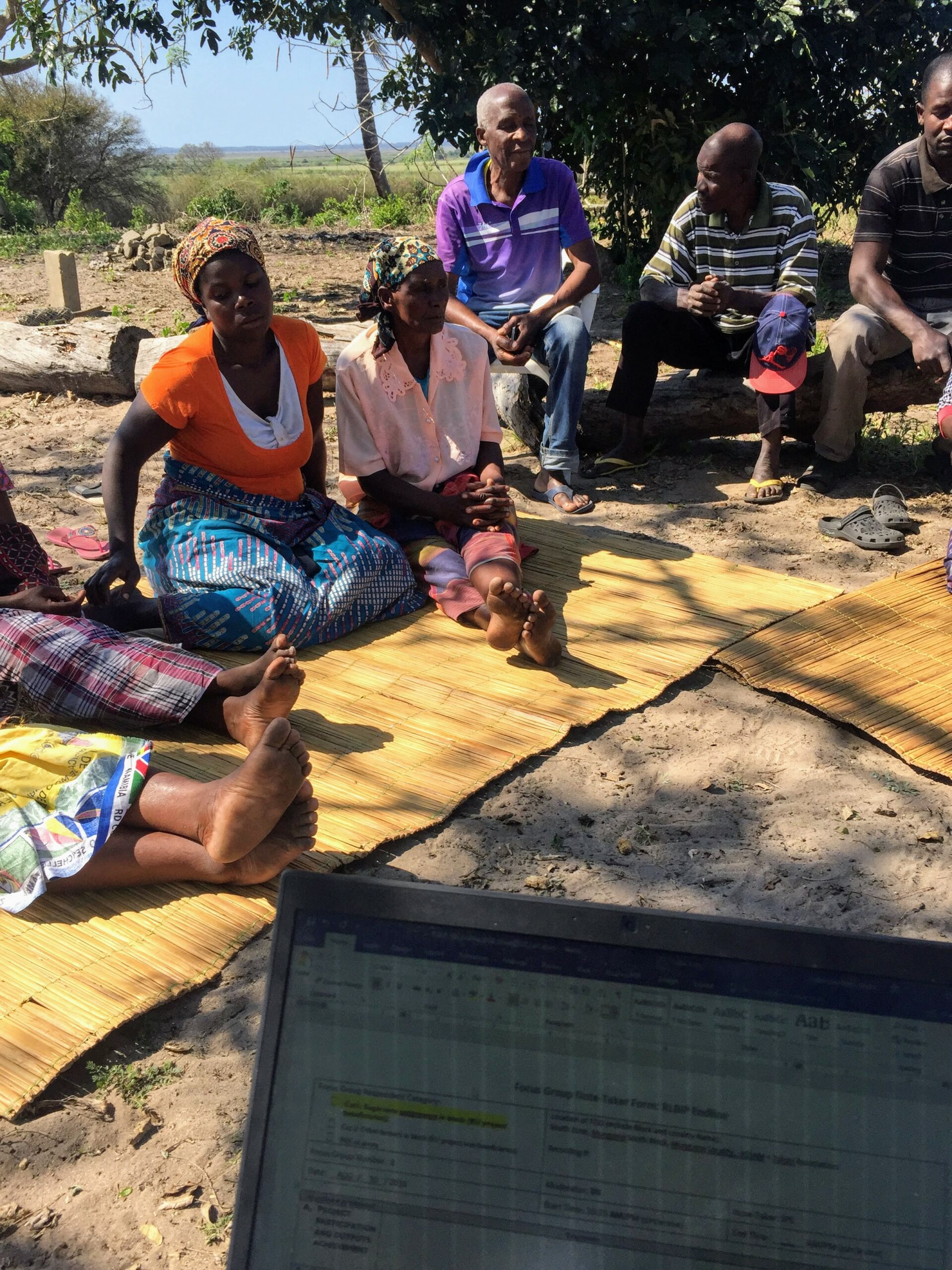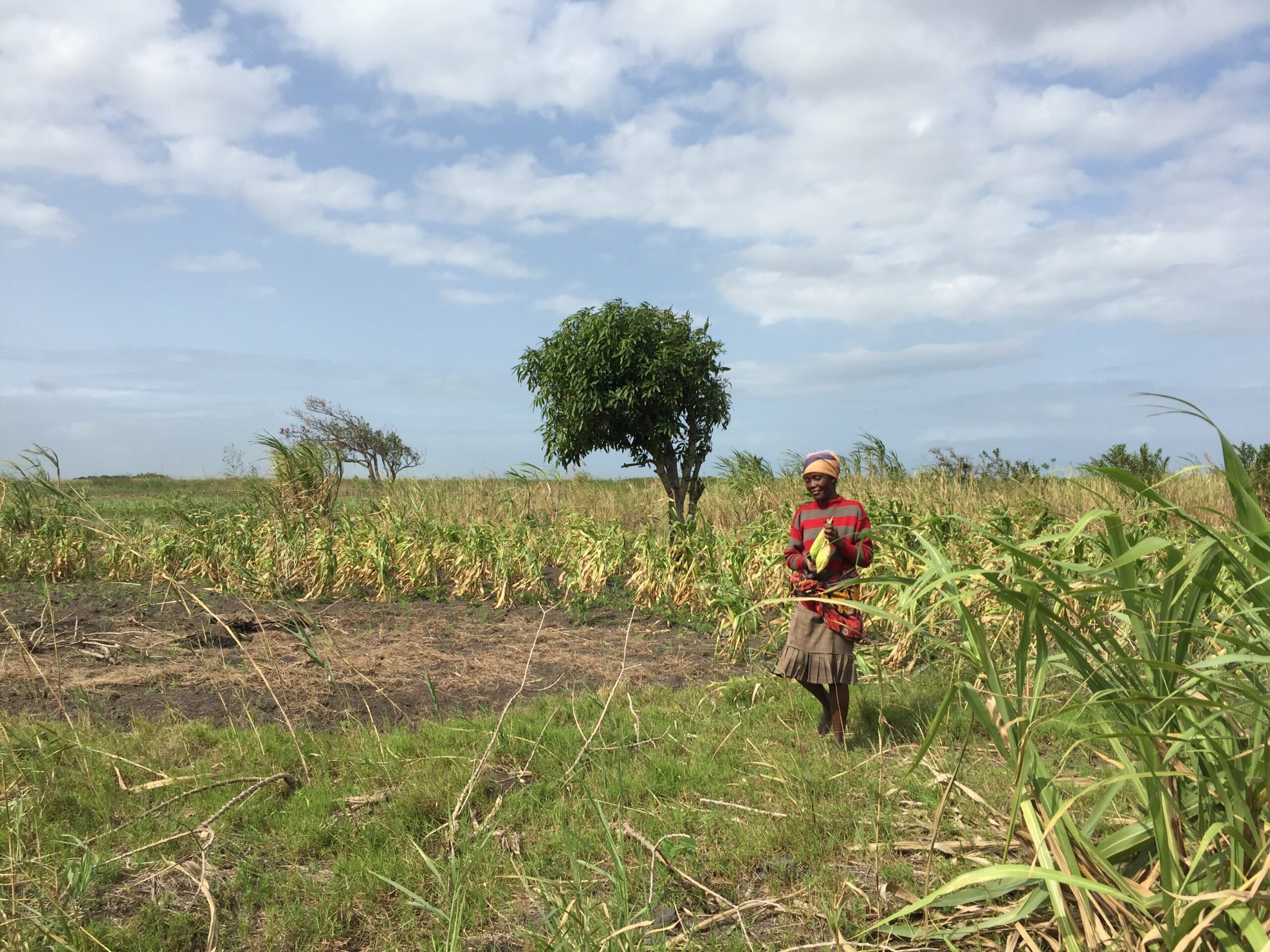- Blog
- /
Is This Your Land? Improving Approaches to Land Tenure Research
During my first week on a work trip to Kenya last year, I stopped by a Nairobi coffee shop. It is one of Kenya’s largest coffee shop chains – basically the equivalent of Starbucks. Three weeks later, the coffee shop was being torn down because it was on disputed land.
In Tanzania and Mozambique, farmers growing crops for subsistence are getting kicked off their land because local elites, the government or investors arrive with a piece of paper asserting a formal right to land that the farmers thought was theirs.
In places where the rules that make up land rights aren’t well-defined and documented, people in power are more likely to exploit land users, causing them to spend hard-earned wages to obtain documents which legitimize their claim.
For further marginalized groups like women, additional challenges exist. For instance, they may be left off official titles or certificates, resulting in difficulty in asserting their right to use the land. All too often, neighbors or relatives come in to claim the land as theirs.
Addressing the complexity of land rights for these marginalized communities is an on-going challenge. For evaluators trying to figure out the impact of donor-funded land programs and their effect on communities, checking our assumptions (and those of the program we’re evaluating) is easy to put in writing, but difficult to do in practice.
A recent experience in Mozambique highlights how new ways of collecting data and old ways of planning can help in research efforts. The challenge is not just recognizing opportunities and knowing we should check assumptions, but finding ways to actually do these within the usual budgetary and timing constraints while being sensitive to unique local conditions.


A Bit of Background
Like “rights” in other domains, the right to land stretches across practical and philosophical domains.
These rights can be thought of as a basket of policies, norms, and customs that exist across a spectrum of formal and informal rules relating to personal and communal property, land use, and tenure security.
There are also, for example, informal, de facto customs that are enforced and well recognized around land use and inheritance, but also on-the-book laws that define rights yet are rarely recognized.
Major reforms in low- and middle-income countries during the 1990s resulted in guarded optimism that formalizing land use rights would ease market access and empower farmers struggling with poverty.
While many of these laws set in motion needed reforms, they also laid bare the broad spectrum of challenges related to land. As the private sector invested in low-income countries with histories of land grabbing, limited administrative capacity, or corruption, a movement took place to create generally recognized standards, particularly in the context of protecting farmers’ rights.
Real Change Takes Time and Trust
In my experience, a major challenge in evaluation is timing. For land activities, for instance, there is often a gap between registration of land and actual receipt of a document formalizing a use right or land actually being mapped. If you go to the field too early, you may simply capture the anticipation of receiving a document.
During my time evaluating land rights in Mozambique, for example, I found that farmers generally felt more secure in their tenure after receiving cooperative-issued land certificates and some shared their hopes for using their new land document to get contracts to start growing sugarcane with a local sugar processing company. Very few, however, had actually used their new documents to engage with the local company to start contract farming.
Because these farmers had only just received their certificates, we couldn’t necessarily assess the actual impact of the documents on engagement with the private sector.
It takes time to observe and measure more complex questions about how securing land tenure affects household decision making or farmer productivity or access to credit.
We have dealt with the fact that impacts take place over uncertain time periods by collecting data from beneficiaries and non-beneficiaries over multiple time periods to understand perceptions of tenure security and capture land use activities. We also have come up with creative survey modules like time-use questionnaires.
In Mozambique, we were studying a pilot that was implemented over a roughly 16-month period, so we did two rounds of field data collection and then supplemented this with a telephone-based survey after field data were collected. This gave us the opportunity to expand our sample and see if there were changes over this relatively short period.
A best practice here is to be explicit about the boundaries of the work and ensure that any conclusions are based on data. The other lesson learned, and this is less methodological, is that consistency in your work plan and team makes a big difference.
In Mozambique, we were interviewing farmers who had been through colonial rule, civil war, and local land grabs. Building trust was vital for getting honest responses. We used the same team across data collection rounds, so that when we returned to an area, people recognized us. One person even made a comment about appreciating the fact that we said we would return to listen to them—and that we actually did.


Blog posts on the MSI website represent the views of the authors and do not necessarily represent the views of MSI.